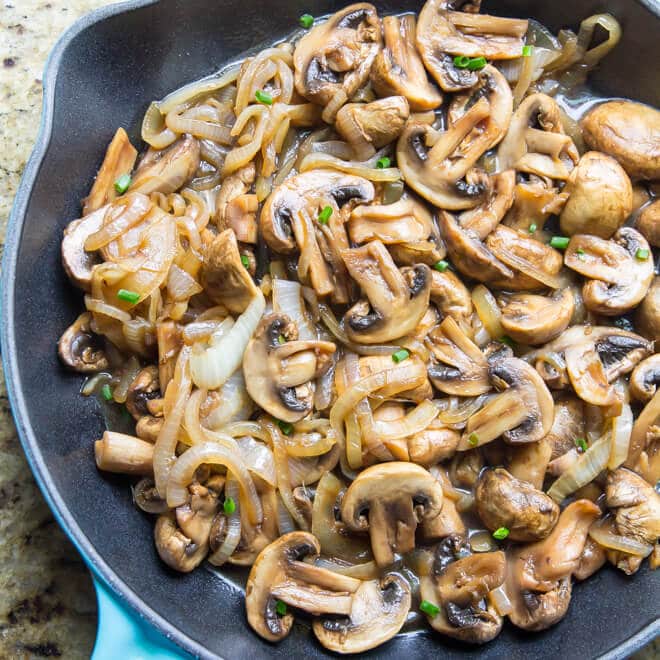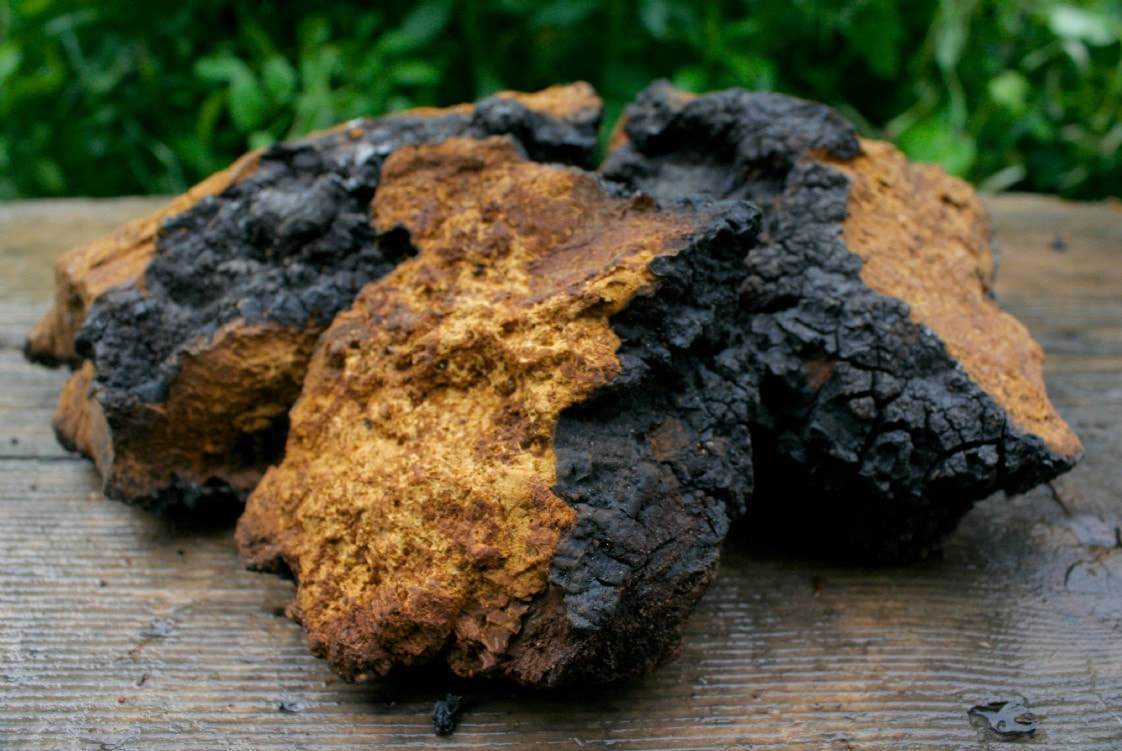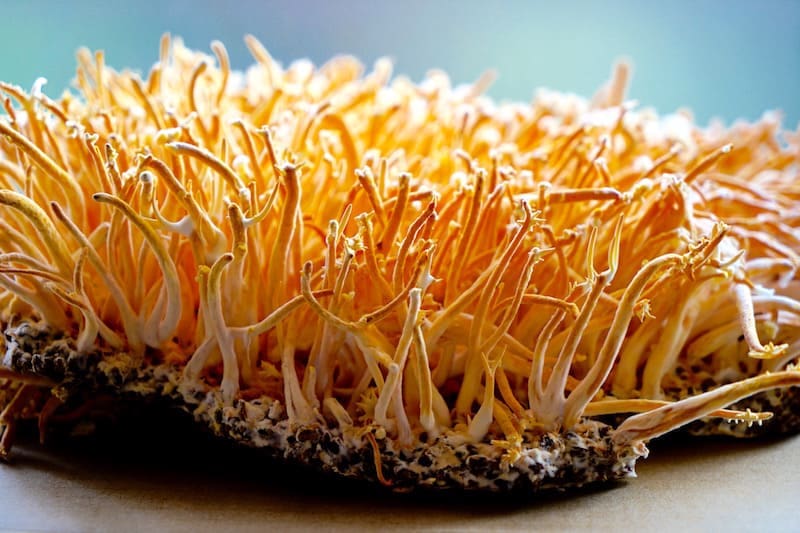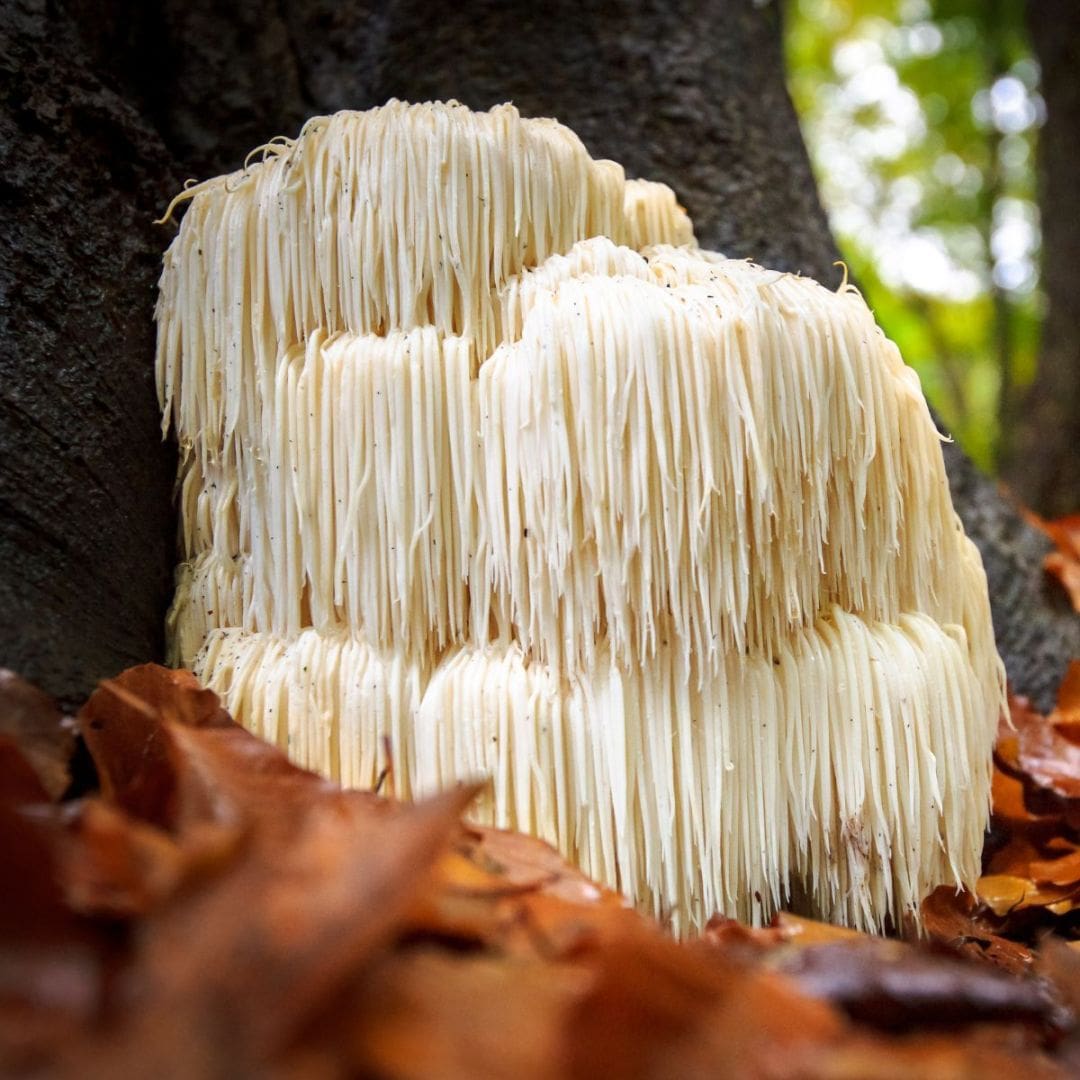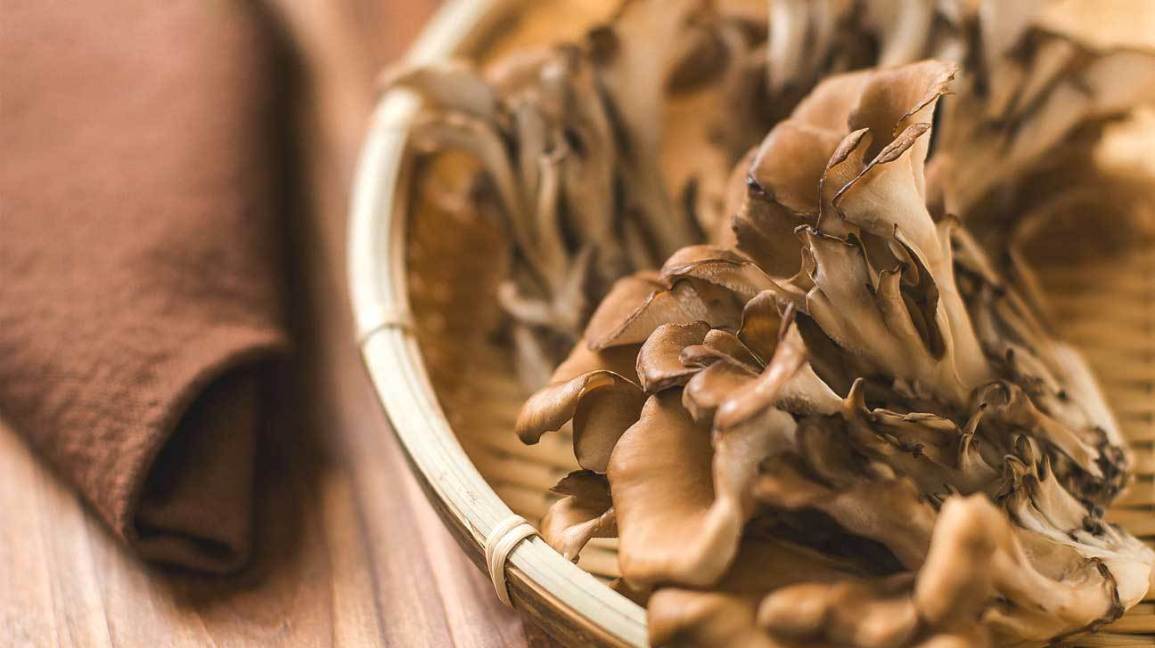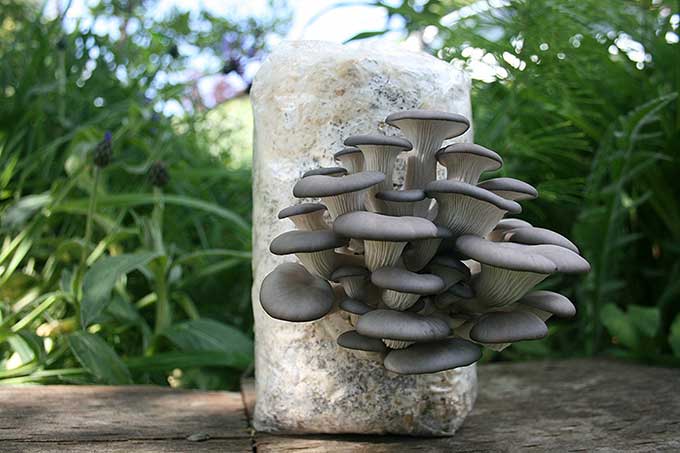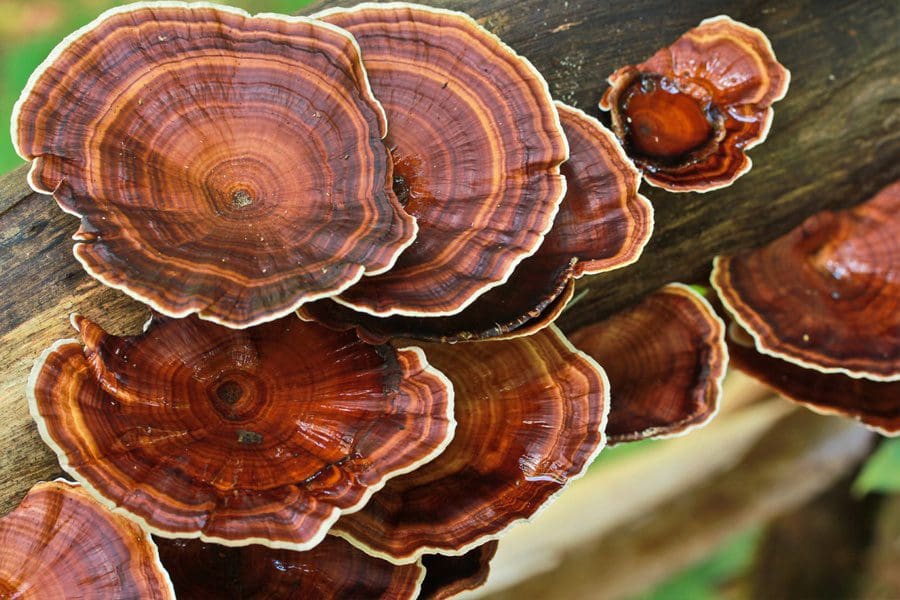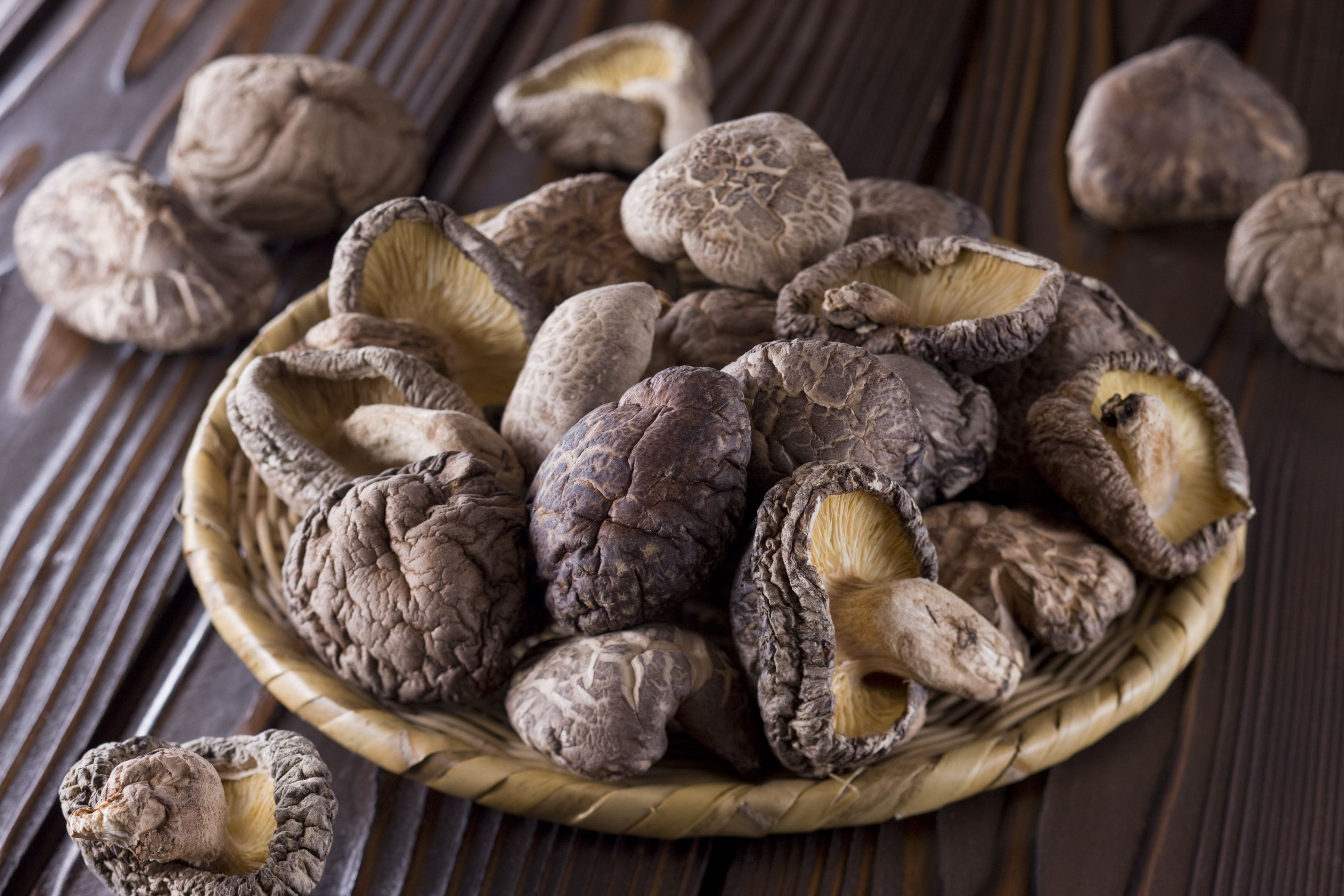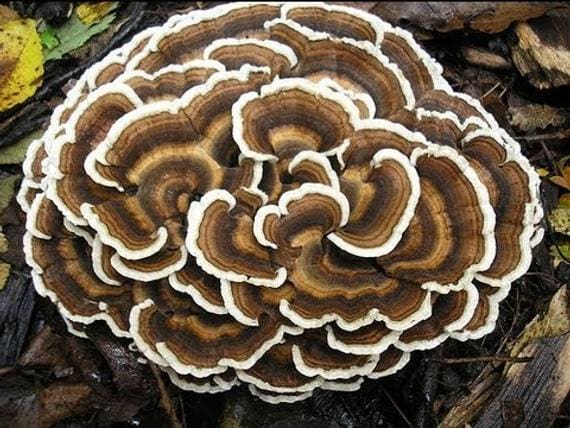Do you feel:
- Aches, pains, and swelling throughout the body?
- Stomach pains, burning, or aching 1-4 hours after eating?
- Excessive belching, burping, or bloating?
- Inflammation in your stomach?
- Is gas immediately following a meal?
Mushrooms
Medicinal mushrooms have been traditionally used centuries for protecting anyone against infectious diseases, and various cancers. The positive biological effects of mushrooms are due in part to the indirect action of stimulating the immune cells. These mushrooms have a long history of usages by supporting health, especially in early Chinese, Egyptian, Greek, Mexican, and Roman cultures. In fact, in 1991, a 5,300-year-old mummy was discovered carrying polypore fungus, which exerts a purgative effect. It may have been used to treat the mummies' intestinal parasites.Mushroom Benefits
Modern research has shown that medicinal mushrooms can provide a rich source of nutrients and bioactive compounds that are associated with a few health effects, primarily supporting the immune system. Mushrooms act as an anti-bacterial, immune system enhancer and cholesterol-lowering agents. Additionally, they are an essential source of bioactive compounds, and some mushroom extracts are used to promote human health as well as being found as dietary supplements.Medicinal mushrooms are edible macroscopic fungi that are visible to the naked eye and are used for their beneficial health properties. Fungi, which includes yeasts molds, and mushrooms, live on the dead matter that is found in soil, plants, animals, and other fungi. It is estimated that there are 14000 to 22000 known species of mushrooms worldwide, and approximately 20 to 30 mushrooms that are cultivated edible species, while approximately 15 species are wild foraged for consumption and can be part as functional foods or dietary supplements.
Mushrooms are a source of many nutrients, including fiber, protein, selenium, potassium, and vitamins, B1, B2, B12, C, D, and E. They also possess several bioactive components like alkaloids, flavonoids, terpenes, phenolic compounds, polyunsaturated fatty acids, and polysaccharides. Mushrooms have been studied for not only its immune-stimulating and prebiotic properties, but they notably contain β- glucan, which is a polysaccharide that is commonly present in mushrooms.
Research has been examining the health effects of mushrooms and has identified approximately 130 possible therapeutic properties, including:
- Anti-bacterial
- Anti-diabetic
- Anti-fungal
- Anti-inflammatory
- Anti-oxidants
- Anti-parasitic
- Anti-tumor
- Anti-viral
- Hepatoprotective
- Immunomodulating
The Top 8 Mushrooms
Here are the top 8 mushrooms that have immune supportive properties.Chaga (Inonotus obliquus)
The Chaga mushroom is also referred to as birch mushroom and Chaga conk. It is a dark brown and black fungus that often grows on birch trees. Several compounds are found in Chaga, with its beneficial effects that contain anti-oxidant polyphenols, betulin, and betulinic acid that are associated with anticancer effects.
Studies show that the Chaga mushrooms are used in traditional medicine for different therapeutic indications, such as using it as an anthelminthic, as an antitubercular, to cure digestive disorders (gastritis, ulcers, etc.), or even to prevent cardiac or hepatic illnesses.
Cordyceps (Ophiocordyceps Sinensis)
Even though cordyceps is not technically a mushroom, this rare caterpillar fungus grows only in high-altitude regions of Sikkim, a state in northeast India. Studies found that the bioactive components in cordyceps include polysaccharides, cordycepin, and cordycepic acid. Cordyceps was described in old Chinese medical books in ancient times and used by traditional healers to improve energy, appetite, stamina, libido, endurance, and sleeping patterns.
In an eight week study, healthy Koreans individuals took supplements that contain cordyceps extract, and the results were that with the cordyceps extract, it increased the activity of NK-cells (natural killer immune cells). This change was accompanied by improving the immune regulation in the body.
Lion's Mane (Hericium Erinaceus)
Also known as Hericium Erinaceus, the lion's mane mushroom has a white, fur-like appearance and may promote beneficial gut microbiota growth and be associated with reducing colon tissue damage from inflammatory bowel disease.
Researchers suggested that lion’s mane may help individuals regulate their immune system and can improve the health of those who have IBD, but there is still more research being done to confirm this finding.
Maitake (Grifola frondosa)
Maitake is both a culinary and medicinal mushroom that has proven to have anticancer activity on breast cancer, melanoma, and hepatoma cells. Maitake has a component called proteoglycan, and it has been associated with the immune-simulating effects.
Studies have been shown that proteoglycan can decrease mammary tumor cell behavior in mice, and research shows that maitake can exert anti-viral activity against hepatitis B and HIV (human immunodeficiency virus.)
Oyster (Pleurotus)
Oyster mushrooms are a genus of fungi that has serval species like Pleurotus ostreatus and Pleurotus florida. Research has found that polysaccharides that are present in P. ostreatus mushrooms can activate N.K. cells against lung and breast cancer cells. Another research shows that an extract of P. florida contains several active components like phenolics, flavonoids, and polysaccharides having anti-inflammatory analgesic effects in animal models.
Reishi (Ganoderma lingzhi)
Known as the “king of mushrooms” or the "mushrooms of immortality," reishi has been shown to prevent or treat various diseases and modulate inflammation that is associated with a high cholesterol diet on people.
The health effects of this mushroom may be a result of its ability to regulate microbiota composition in the body, as the polysaccharides that are found in reishi demonstrates prebiotic effects and may increase the beneficial bacteria in a person's body.
Shiitake (Lentinula edodes)
Shiitake mushrooms have been traditionally used to treat reasonable conditions like the common cold. Studies have shown that people who consume shiitake were associated with favorable changes in secretion patterns of various immune compounds and that the changes caused by consuming shiitake mushrooms can improve the gut immunity and anti-inflammatory response.
As with many mushrooms, shiitake mushrooms have anticancer effects and contains a glucan called lentinan that is being currently used as a complementary treatment for tumors, especially in China and Japan.
Turkey Tail (Coriolus Versicolor)
The turkey tail mushroom gets its name from the tan and brown rings on its surface, and its appearance is similar to the tail feathers of a turkey. Research has shown that in traditional medicine, the turkey tail mushroom has been used to therapeutically to treat fungal infections, cancer, and AIDS (acquired immunodeficiency syndrome.) Turkey tail mushrooms have PSK (polysaccharide-K) and have been used as a complementary cancer treatment.
A 2007 study that was conducted by the Kyoto University Graduate School of Medicine in Japan found that over 8,000 patients that took turkey tail and combined it with chemotherapy have increased the survival rate of patients following gastric cancer resection.
Conclusion
Mushrooms have been used for a long time to prevent infectious diseases and various cancers from coming into the body. With its many health benefits for immune support, it can be beneficial to provide anti-inflammatory properties. Certain mushrooms are edible while others are poisonous in the wild, so consuming these eight mushrooms are safe for people. Combining these mushrooms and some products are beneficial in supporting the immune system and are designed for more excellent stability, bioavailability, and digestive comfort.The scope of our information is limited to chiropractic, musculoskeletal, and nervous health issues or functional medicine articles, topics, and discussions. We use functional health protocols to treat injuries or disorders of the musculoskeletal system. Our office has made a reasonable attempt to provide supportive citations and has identified the relevant research study or studies supporting our posts. We also make copies of supporting research studies available to the board and or the public upon request. To further discuss the subject matter above, please feel free to ask Dr. Alex Jimenez or contact us at 915-850-0900.
References:
El-Deeb, Nehal M, et al. “Modulation of NKG2D, KIR2DL and Cytokine Production by Pleurotus Ostreatus Glucan Enhances Natural Killer Cell Cytotoxicity Toward Cancer Cells.” Frontiers in Cell and Developmental Biology, Frontiers Media S.A., 13 Aug. 2019, www.ncbi.nlm.nih.gov/pmc/articles/PMC6700253/.Feeney, Mary Jo, et al. “Mushrooms and Health Summit Proceedings.” OUP Academic, Oxford University Press, 8 May 2014, academic.oup.com/jn/article/144/7/1128S/4569770.
Ganeshpurkar, Aditya, and Gopal Rai. “Experimental Evaluation of Analgesic and Anti-Inflammatory Potential of Oyster Mushroom Pleurotus Florida.” Indian Journal of Pharmacology, Medknow Publications & Media Pvt Ltd, 2013, www.ncbi.nlm.nih.gov/pmc/articles/PMC3608298/.
Géry, Antoine, et al. “Chaga ( Inonotus Obliquus), a Future Potential Medicinal Fungus in Oncology? A Chemical Study and a Comparison of the Cytotoxicity Against Human Lung Adenocarcinoma Cells (A549) and Human Bronchial Epithelial Cells (BEAS-2B).” Integrative Cancer Therapies, SAGE Publications, Sept. 2018, www.ncbi.nlm.nih.gov/pmc/articles/PMC6142110/.
He, Yanli, et al. “Grifola Frondosa Polysaccharide: A Review of Antitumor and Other Biological Activity Studies in China.” Discovery Medicine, 23 Apr. 2018, www.discoverymedicine.com/Yanli-He/2018/04/grifola-frondosa-polysaccharide-antitumor-and-other-biological-activity-studies-in-china/.
Integrative, PDQ, and Alternative and Complementary Therapies Editorial Board. “Medicinal Mushrooms (PDQ®).” PDQ Cancer Information Summaries [Internet]., U.S. National Library of Medicine, 30 Nov. 2016, www.ncbi.nlm.nih.gov/books/NBK401261/.
Jayachandran, Muthukumaran, et al. “A Critical Review on Health Promoting Benefits of Edible Mushrooms through Gut Microbiota.” International Journal of Molecular Sciences, MDPI, 8 Sept. 2017, www.ncbi.nlm.nih.gov/pmc/articles/PMC5618583/.
Jung, Su-Jin, et al. “Immunomodulatory Effects of a Mycelium Extract of Cordyceps (Paecilomyces Hepiali; CBG-CS-2): a Randomized and Double-Blind Clinical Trial.” BMC Complementary and Alternative Medicine, BioMed Central, 29 Mar. 2019, www.ncbi.nlm.nih.gov/pmc/articles/PMC6441223/.
Lindequist, Ulrike, et al. “Medicinal Mushrooms.” Evidence-Based Complementary and Alternative Medicine: ECAM, Hindawi Publishing Corporation, 2014, www.ncbi.nlm.nih.gov/pmc/articles/PMC4095656/.
Lindequist, Ulrike, et al. “The Pharmacological Potential of Mushrooms.” Evidence-Based Complementary and Alternative Medicine: ECAM, Oxford University Press, Sept. 2005, www.ncbi.nlm.nih.gov/pmc/articles/PMC1193547/.
Oba, Koji, et al. “Efficacy of Adjuvant Immunochemotherapy with Polysaccharide K for Patients with Curative Resections of Gastric Cancer.” Cancer Immunology, Immunotherapy: CII, Centre for Reviews and Dissemination (U.K.), June 2007, www.ncbi.nlm.nih.gov/pubmed/17106715.
Panda, Ashok Kumar, and Kailash Chandra Swain. “Traditional Uses and Medicinal Potential of Cordyceps Sinensis of Sikkim.” Journal of Ayurveda and Integrative Medicine, Medknow Publications Pvt Ltd, Jan. 2011, www.ncbi.nlm.nih.gov/pmc/articles/PMC3121254/.
Valverde, María Elena, et al. “Edible Mushrooms: Improving Human Health and Promoting Quality Life.” International Journal of Microbiology, Hindawi Publishing Corporation, 2015, www.ncbi.nlm.nih.gov/pmc/articles/PMC4320875/.
Wasser, Solomon P. “Medicinal Mushroom Science: Current Perspectives, Advances, Evidences, and Challenges.” Biomedical Journal, U.S. National Library of Medicine, 2014, www.ncbi.nlm.nih.gov/pubmed/25179726.
Zaremba, Karolina. “Top 8 Mushrooms For Immune Health.” Fullscript, 4 Nov. 2019, fullscript.com/blog/mushrooms-for-immune-health.




